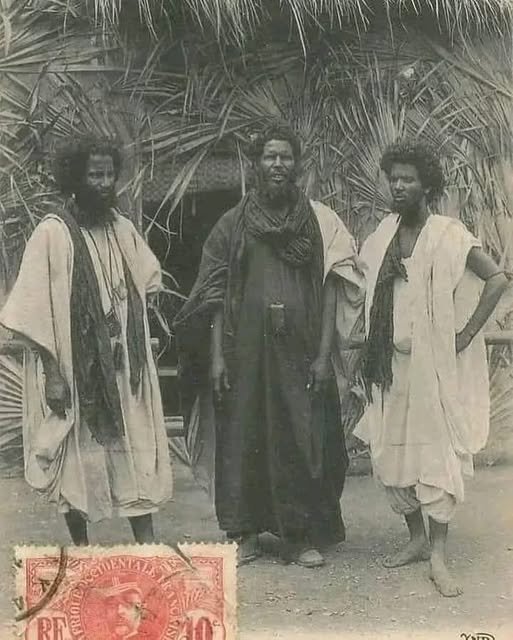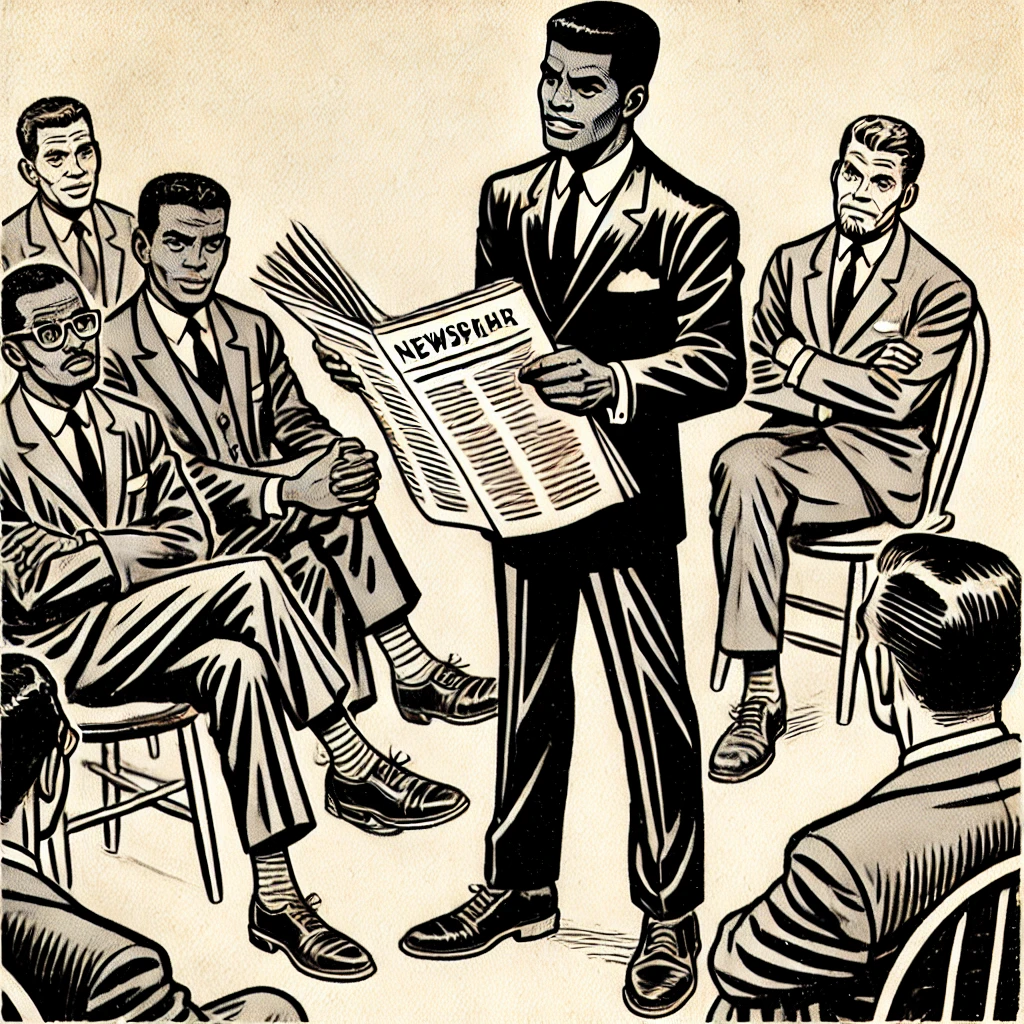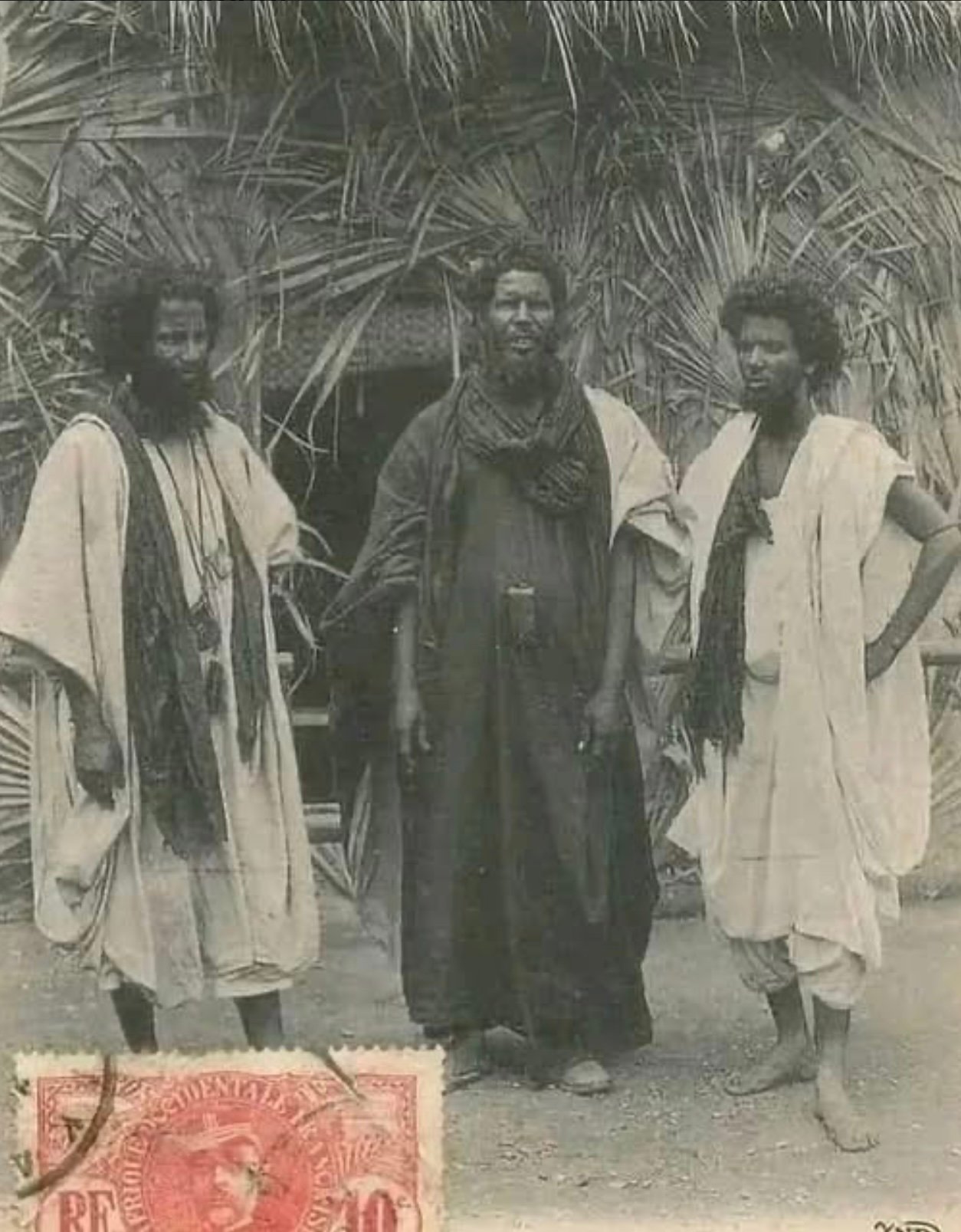The Forgotten Faces of Arabia: The Original Black Arabs Before Colonization
When most people hear the word Arab, they often picture lighter-skinned individuals from the Middle East. But history tells a much richer, more diverse story—one where Black Arabs played central roles in shaping the early Arab world, long before colonization and modern racial classifications distorted the truth.
A Land of Afro-Arabian Roots
The earliest Arabs hailed from the Arabian Peninsula, specifically regions like modern-day Yemen, Oman, southern Saudi Arabia, and across the Red Sea in Sudan and the Horn of Africa. These areas were teeming with Afro-Arabian civilizations—people with dark skin tones, tight curls, and broad features that today we would associate with African identity.
Ancient Arabia was never a racially homogeneous land. It was a melting pot of African and Semitic peoples, shaped by constant migration across the narrow Bab el-Mandeb Strait between East Africa and southern Arabia. This connection was so strong that many anthropologists and historians view southern Arabia and the Horn of Africa as a cultural continuum.
Civilizations of the Black Arabs
Thousands of years ago, southern Arabia was home to advanced Black Arab civilizations like the Sabaeans, the kingdom of Himyar, and the ancient tribes of Aad and Thamud—all of which flourished in what is now Yemen and parts of Saudi Arabia.
The famous Queen of Sheba, known as Makeda in Ethiopian lore, is believed to have ruled over both African and Arabian territories. Greek and Roman writers described the inhabitants of southern Arabia as having “dark skin and African features.”
Blackness in the Time of the Prophet
During the 6th and 7th centuries—the time of Prophet Muhammad—Black Arabs were a visible and respected part of Arabian society. Several key figures in early Islam were of African descent:
- Bilal ibn Rabah, the first muezzin of Islam, was an Ethiopian slave who became one of the Prophet’s most trusted companions.
- Umm Ayman, the woman who raised the Prophet Muhammad after his mother died, was a Black woman from Abyssinia.
- Even members of the Prophet’s own clan were described as having dark complexions in early Islamic texts.
In pre-colonial Arabia, Blackness was not seen as foreign or inferior. It was simply part of the natural human diversity found in the region.
Migration, Genetics, and Shared Roots
Genetic research shows deep ties between East Africans and southern Arabians, going back tens of thousands of years. This ancient link reveals a shared ancestry and confirms what oral histories and early texts have told us all along: Blackness has always been part of the Arab identity.
Colonization and the Whitening of Arab Identity
Things began to change with the arrival of European colonial powers and the spread of “scientific racism” in the 18th and 19th centuries. As European powers redrew maps and created racial hierarchies, Arab identity was slowly “whitened.”
Colonial administrators, orientalist scholars, and even some modern Arab states began to marginalize or erase the Black Arab presence. Suddenly, “Arab” became more of a linguistic and political identity than an inclusive racial or cultural one.
Many original Black Arabs were recategorized as simply “African,” cutting them off from their ancestral identity and contributions to Arab civilization.
Black Arabs Today
Despite erasure, Black Arab communities still exist today throughout the Arab world:
- In Yemen, the Al-Akhdam community is descended from African migrants.
- In Saudi Arabia, several tribes in the western and southern regions retain their Black African features and oral traditions.
- Sudan, often considered both Arab and African, is home to a vast population of Afro-Arabs.
- Iraq, Kuwait, Bahrain, and the UAE also have significant populations of African descent, often marginalized but historically significant.
Reclaiming the Narrative
It’s time to reclaim the rich legacy of Black Arabs—from ancient kings and queens to poets, warriors, and scholars. Their stories are not side notes in Arab history; they are the foundation of it.
Before colonization, racial hierarchy, and cultural erasure, the Arab world was proudly diverse, deeply tied to Africa, and full of Black voices that shaped its spiritual, political, and cultural identity.
Let the world remember:
Black Arabs didn’t enter history through slavery or servitude. They were rulers, prophets’ companions, and builders of empires—rightfully belonging at the center of Arab history.
📚 Further Reading:
- “African Presence in Early Asia” by Runoko Rashidi
- “The African Diaspora in the Arab World” by John Hunwick
- “Before Color Prejudice” by Frank Snowden
#BlackArabs #AfroArabHistory #PreColonialArabia #ArabiaBeforeColonization #BlackHistory #PanAfricanism #HiddenHistory #UnwhitewashedHistory









